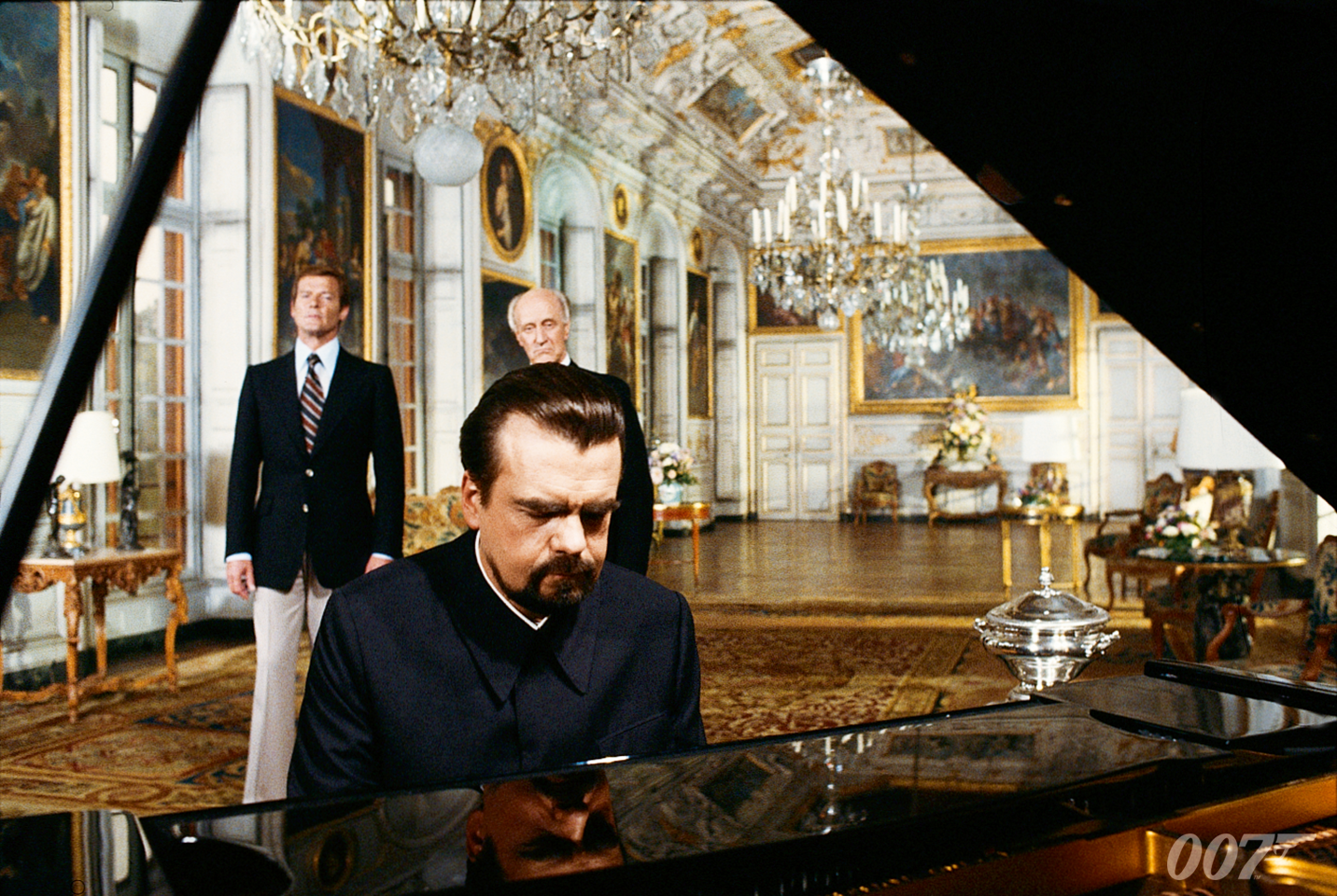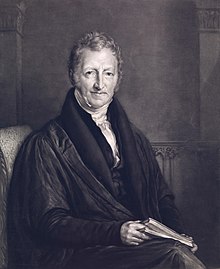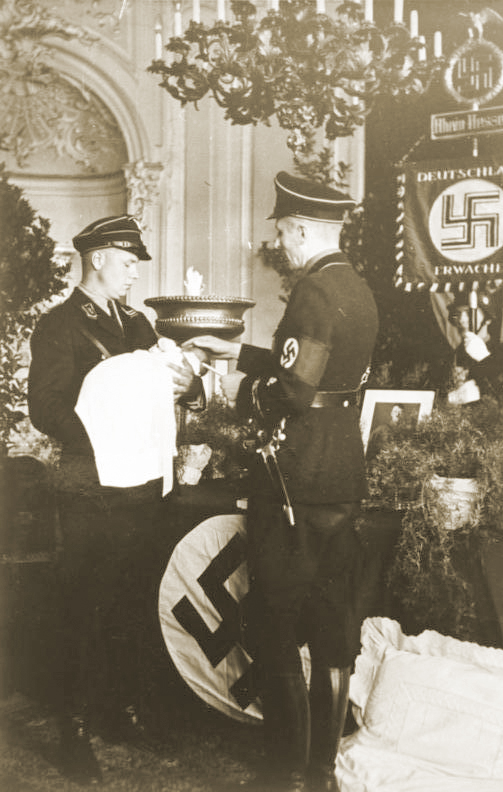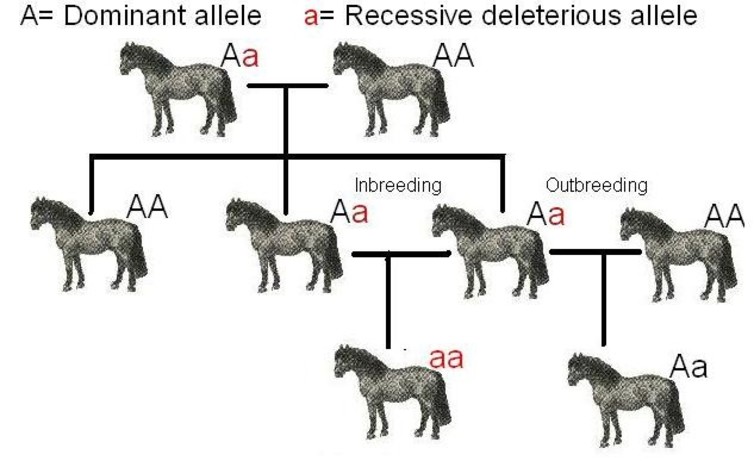This seems to be all the more true since before the war, the Reichssicherheitshauptamt (RSA) Subgroup IV 134 was itself involved in close cooperation with the Haganah, the underground Zionist organisation, in sending Jews from the Reich to Palestine, which was then under the British Mandate, despite the opposition of the government in London. Thus, in 1938 and the first months of 1939, almost four hundred thousand Jews left German territory, in full agreement with the National Socialist authorities.[1] I am not talking about those who left without being forced to, from 1933 to 1938, or before 1933.
Moreover, the famous Nuremberg Laws of September 1935, which best reflect the spirit of Hitler’s revolution and the purest Aryan racism, while denying Jews (as indeed all non-Aryans) the possibility of acquiring German nationality and forbidding them ‘to fly the German colours or to hoist the national flag of the Reich’, gave them the right ‘to hoist the Jewish colours’. The exercise of this right, it was specified, was ‘placed under the protection of the State’ [2] which clearly proves that at that time, despite their historical role as ‘ferment of decomposition’, Israelites were still considered in National Socialist Germany as foreigners to be distrusted and kept at a distance, but not as ‘vermin’ to be destroyed.
Things would change in 1941 and especially in 1942 and more and more as the Second World War became more relentless, more ‘total’. And this, above all, thanks to those ‘millions of non-Jews, friends of the Jews’, of which Samuel Untermeyer had foreseen, almost ten years before, the benevolent collaboration with his brethren of race in their fight to the death against the Third Reich.
For as early as May 1940, the massive attack by the British air force, deliberately directed against the German civilian population, began. The English general Spaight boasts about it in his book Bombing Vindicated. And the deluge of phosphorus and fire only intensified after the US entered the war, turning entire German cities into infernos night after night. It is estimated that about five million German civilians, women, old men and children, died during these ferocious bombardments: crushed under the smoking rubble or burnt alive in their shelters invaded by the liquid, flaming asphalt that poured in from the molten streets.
The Führer had not, as early as 1933, the day after the ‘declaration of war’ by several of their number in the name of all of them, interned all the Jews in Germany, as he could have done then.[3]
He felt strong enough to be generous, and besides, the light side outweighed the unforgiving side in his psychology. He had let all those who wanted to go—go with their money, which they immediately used to turn world opinion against him and his country. He had done everything, tried everything, to make it easier for them to put down peaceful roots outside the Germanic living space.
But no government had agreed to welcome them en masse into its territory or its colonies. Now it was war. And it was a Jewish war, as they themselves proclaimed to anyone who would listen: a war waged by Aryans, whose (misunderstood) sense of self-interest, narrow and jealous nationalism, and above all that superstition of ‘man’ inherited from both Christianity and Descartes, had been exploited by Jewish propaganda for years, a war against the Germans as ‘enemies of humanity’ and against the National Socialist Weltanschauung as ‘the negation of man’. It was hell unleashed against Germany by the Jews in the name of ‘man’.
______ 卐 ______
Editor’s note: Hell unleashed against Germany by the Jews? It is very difficult for an autobiographer like me, who has analysed his parents for decades, to see the Second World War as a Jewish war. It is obvious that it was a war of Aryans betraying themselves.
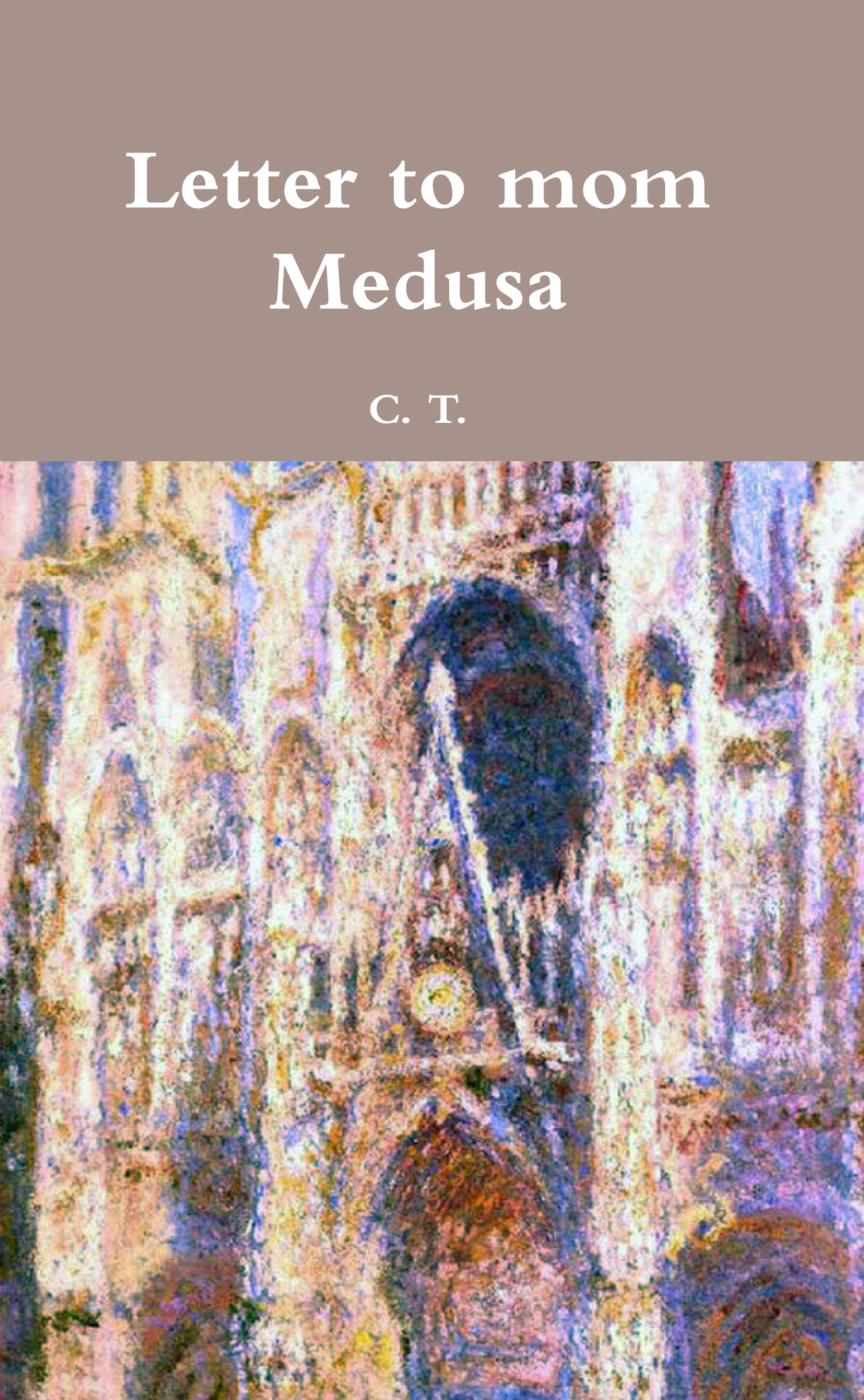 When I was a teenager, my mother’s slander against me was horrendous (she had lost her mind). But it was my father’s folie à deux that destroyed me (see details in Letter to mom Medusa, a book whose English translation I advertise on the sidebar). My father was not a simple victim of ill advice, but an active agent in believing everything to his Medusa wife. Since he could have chosen not to let himself be stung by the snakes of her wife’s scalp, but let himself be poisoned for decades, I cannot forgive him, or say that the ‘poor’ Anglo-Americans were victims of ill advice by the Jewish slander against the Germans.
When I was a teenager, my mother’s slander against me was horrendous (she had lost her mind). But it was my father’s folie à deux that destroyed me (see details in Letter to mom Medusa, a book whose English translation I advertise on the sidebar). My father was not a simple victim of ill advice, but an active agent in believing everything to his Medusa wife. Since he could have chosen not to let himself be stung by the snakes of her wife’s scalp, but let himself be poisoned for decades, I cannot forgive him, or say that the ‘poor’ Anglo-Americans were victims of ill advice by the Jewish slander against the Germans.
Savitri and today’s anti-Semitic racialists believe the latter in order not to see the evil of their co-ethnics, although Savitri at least blamed Christianity for our misfortune as well. The difference between me and Savitri is that I blame much more anyone who let himself be infected by the Christian ethics regarding the Jewish Holocaust than she blamed. Just remember her words above: ‘thanks to those millions of non-Jews, friends of the Jews, of which Samuel Untermeyer had foreseen…’
Obviously, I am influenced here by the immense tragedy of my life, and how Christianity played a pivotal role in the destruction of my adolescence and my twenties (cf. the fifth book). The tragedy that killed the other two victims of my family (cf. the books about the deceased Corina and Leonora in my autobiography) made me see human nature differently. And it is almost impossible for visitors to understand the point of view of this site without having read From Jesus to Hitler: a new literary genre that I have inaugurated.
______ 卐 ______
No one, of course, except those who ‘live in the eternal’, can claim to know the innermost thoughts of Adolf Hitler. However, it is logical to assume that the hardening of his attitude towards the Jews, which began in 1941 and continued later, was a violent reaction against the superstition of ‘man’ and all the morality that goes with it, in the face of the daily and ever-increasing horror of the ‘phosphorus cleansings’, as their perpetrators, the Anglo-American bombers, called them.[4] If this was the application of the man’s morality, bent on crushing National Socialism by burning alive, women and children included, the people who had acclaimed it and brought it to power, then why hesitate any longer to oppose it, to the very last consequences, the immemorial morality of the Jungle: that of the struggle to the death between incompatible species?
The Führer may not have ordered the massive suppression of Jews, without distinction of sex or age, both in the conquered areas of the East (where they were very often confused with the most dangerous snipers and saboteurs) and in the concentration camps. But he allowed his most radical collaborators to act—such as Goebbels, whom he had severely reprimanded [5] the day after the well-known night of the popular pogrom of 9-10 November 1938, known as Kristallnacht. Heinrich Himmler and Reinhardt Heydrich merely executed the suggested measures, for which the Führer accepted full responsibility.
_____________
[1] Brissaud: Hitler et l’Ordre Noir (op. cit.), page 307.
[2] Article 4 of the Third Nuremberg Law.
[3] If, by the mouth of its responsible representatives, any nation declares war on France, will not all the nationals of that nation, domiciled in France, be immediately interned?
[4] Sauvageon, a post-war author, gave this cynical title to one of his novels.
[5] Grimm: Warum? Woher? aber Wohin? (op. cit.), page 84.
